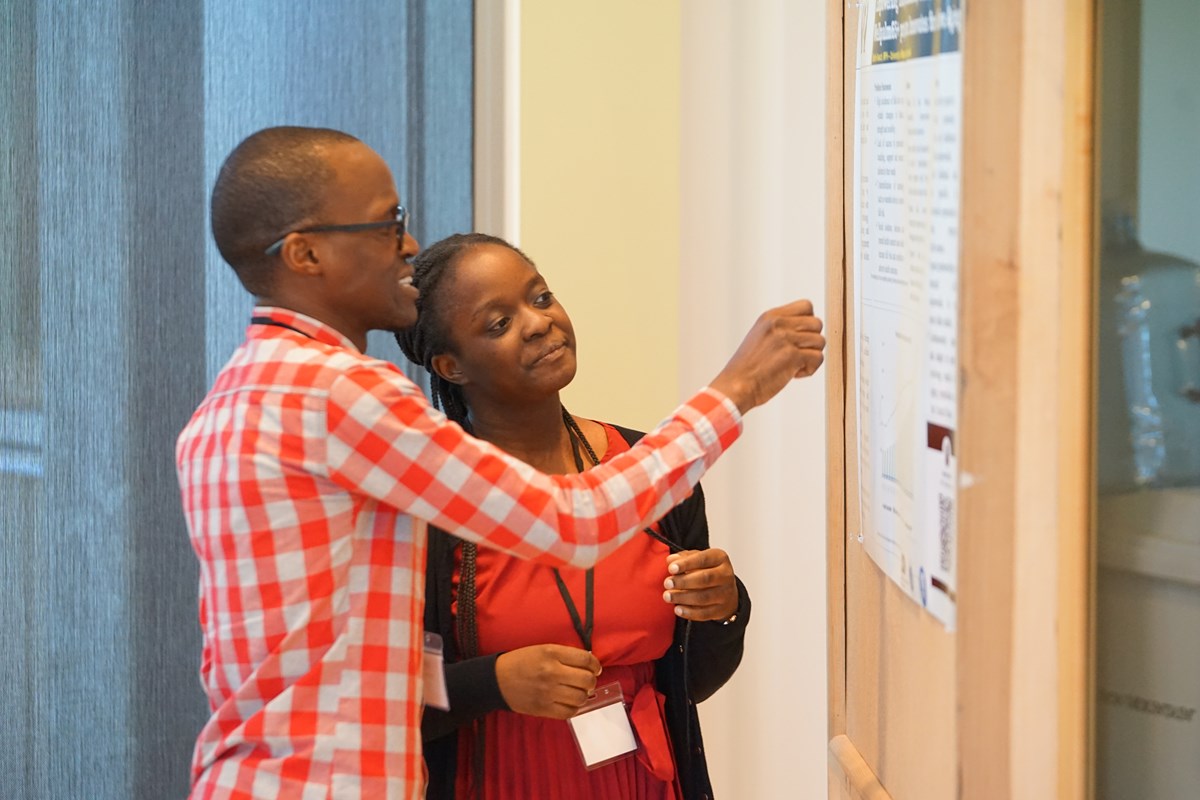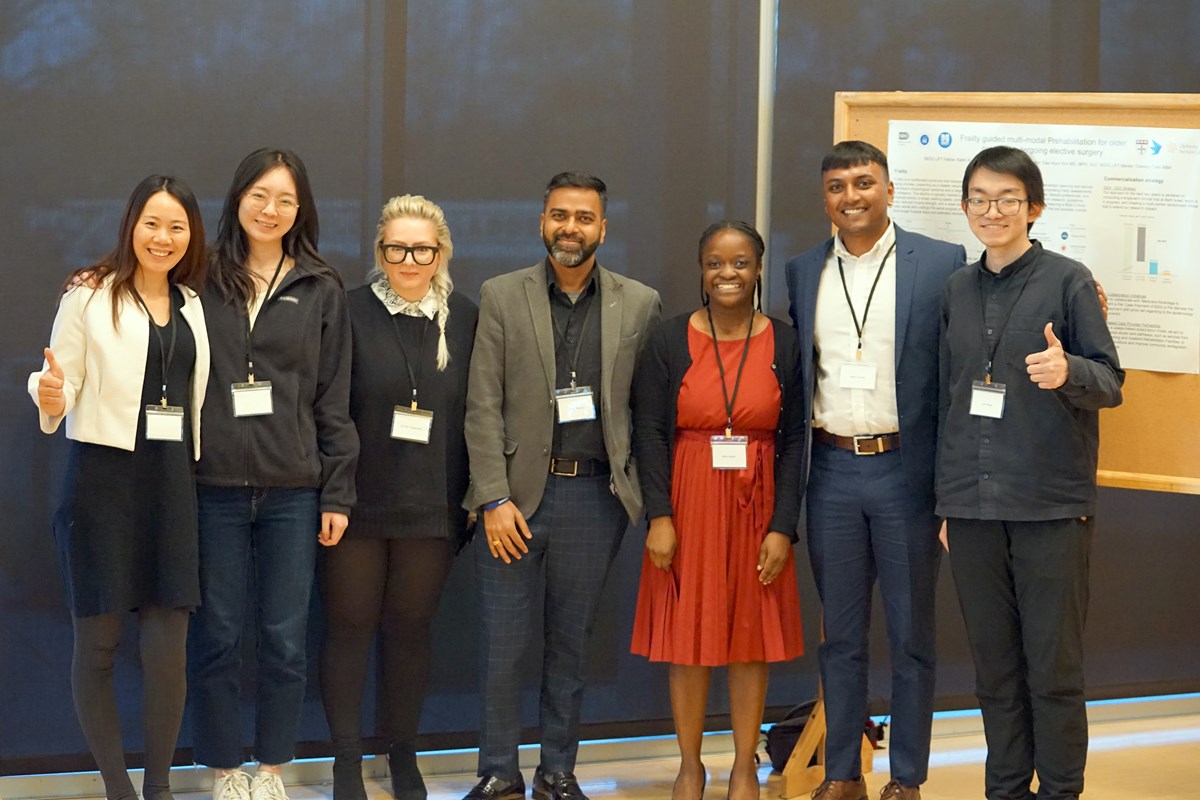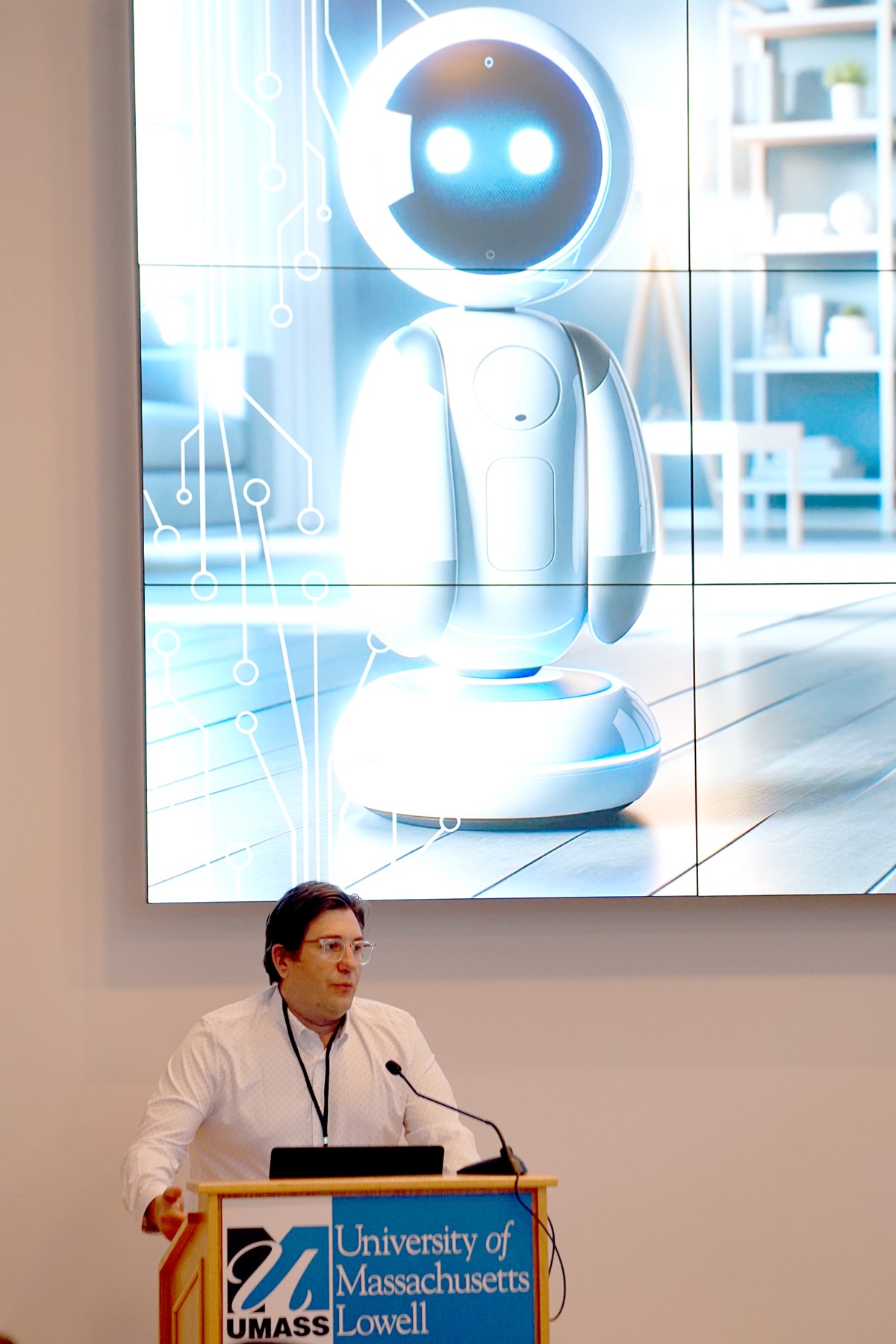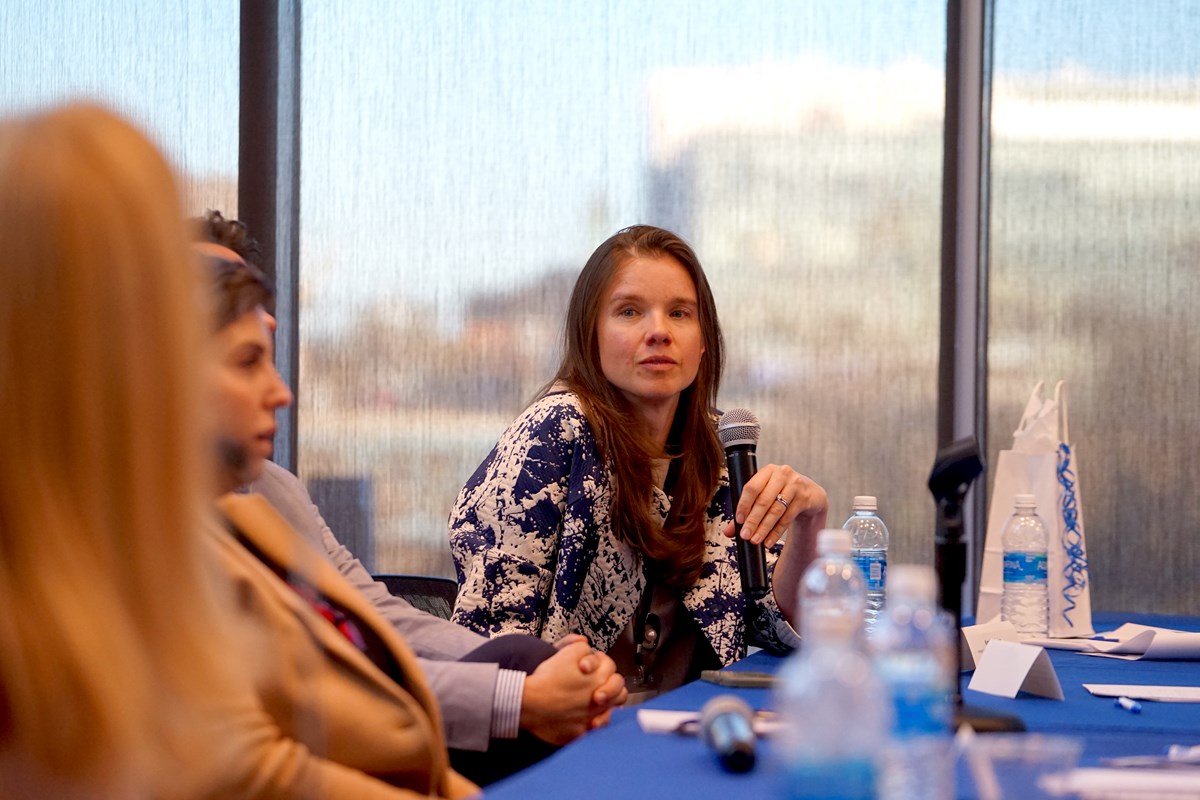UML Innovative Fellows Training is Supported by $1.2M Grant from National Institute on Aging
 Image by Ed Brennen
Image by Ed Brennen
05/07/2024
By Ed Brennen
Electrical engineering Ph.D. student Russell Perkins ’18, ’20 has witnessed the devastating effect of criminal scams targeting seniors. When his elderly aunt passed away two years ago, Perkins discovered that she had been defrauded of $1.6 million through a variety of schemes.
That inspired Perkins to create SafeGuardian AI, an artificial intelligence-driven, in-home robot that can alert the elderly to scams by monitoring their emails and phone calls.
“In addition to the financial loss, there’s a profound emotional impact on victims,” said Perkins, who developed the idea this spring as part of the UMass Lowell Innovative Fellows Training (LIFT) program, a new business accelerator initiative tailored for graduate students and postdoctoral researchers passionate about aging-related innovations.
 Image by Ed Brennen
Image by Ed Brennen
Supported by a five-year, $1.2 million grant from the National Institute on Aging (NIA), LIFT featured 10 fellows in its inaugural cohort, including two from UML: Perkins and Berlin Awach, who is pursuing a Master of Public Health in Epidemiology in the Zuckerberg College of Health Sciences. They were joined by students from eight other schools, including Harvard University, Brown University and Boston University.
“The idea is to train doctoral students in careers other than academia by teaching them about innovation and entrepreneurship,” said LIFT principal investigator Bryan Buchholz, professor emeritus of biomedical engineering.
Denise Dunlap, associate professor of marketing, entrepreneurship and innovation (MEI) in the Manning School of Business, and Yanfen Li, assistant professor of biomedical engineering, are co-PIs. LIFT is in conjunction with the Massachusetts Medical Device Development Center & Biotech Incubator (M2D2).
 Image by Ed Brennen
Image by Ed Brennen
Every Thursday for 14 weeks, the fellows met online for two hours to learn about business skills such as competitive analysis, regulatory strategy, intellectual property and venture financing. Working with mentors from biotech and medical technology, the fellows developed novel solutions to address aging and aging-related diseases, including Alzheimer’s disease. They presented their ideas in person at the program finale, held at the Saab Emerging Technologies & Innovation Center in late April.
Like Perkins, Awach was inspired by a personal connection: Her grandfather back home in Kenya suffered a fall in his 70s that caused him to lose mobility and led to further health issues. Awach’s solution, which combines wearable technology, personalized coaching, education resources and community engagement, seeks to address a problem that results in more than 32,000 deaths and $50 billion in health care costs in the United States each year, according to the Centers for Disease Control and Prevention.
“This program has imparted me with the knowledge and skills to carry on the business idea back in my home country,” Awach says. “I can empower older adults and also have a business that can change my life economically.”
Danielle Duplin, co-founder and global executive director for AGENCY, a longevity collaborative based in Cambridge, Massachusetts, was filled with “hope and optimism” after moderating the program finale.
“These bright ideas you’re coming up with can become a product or service or intervention or therapeutic that becomes the bedrock for a small business that is funded by the NIA, incubated at a place like UMass Lowell, and then becomes a product or service that gets out to millions of people who need it,” she said.
 Image by Ed Brennen
Image by Ed Brennen
Alex von Eckartsberg, a biotechnology graduate student at Brown, pitched Robust Neuro, a set of AI-based genetic and wellness tests that aim to preserve cognitive function and decrease the risk of neurodegenerative diseases.
“The program challenged me to focus on what I’m interested in and turn it into something that is usable and can affect people in a positive way,” said von Eckartsberg, who also appreciated the flexibility of the virtual sessions.
“I have two kids at home, and this allowed me to have the best of both worlds — to maintain my thesis work in my master’s program and also stay engaged in entrepreneurial ventures on the outside,” he said.
LIFT will continue with two more cohorts in the 2024-25 academic year, one in the fall and one in the spring.
